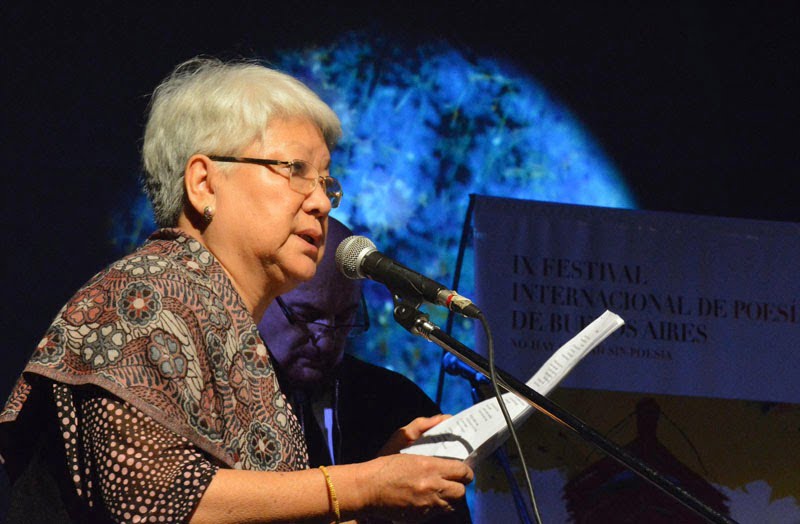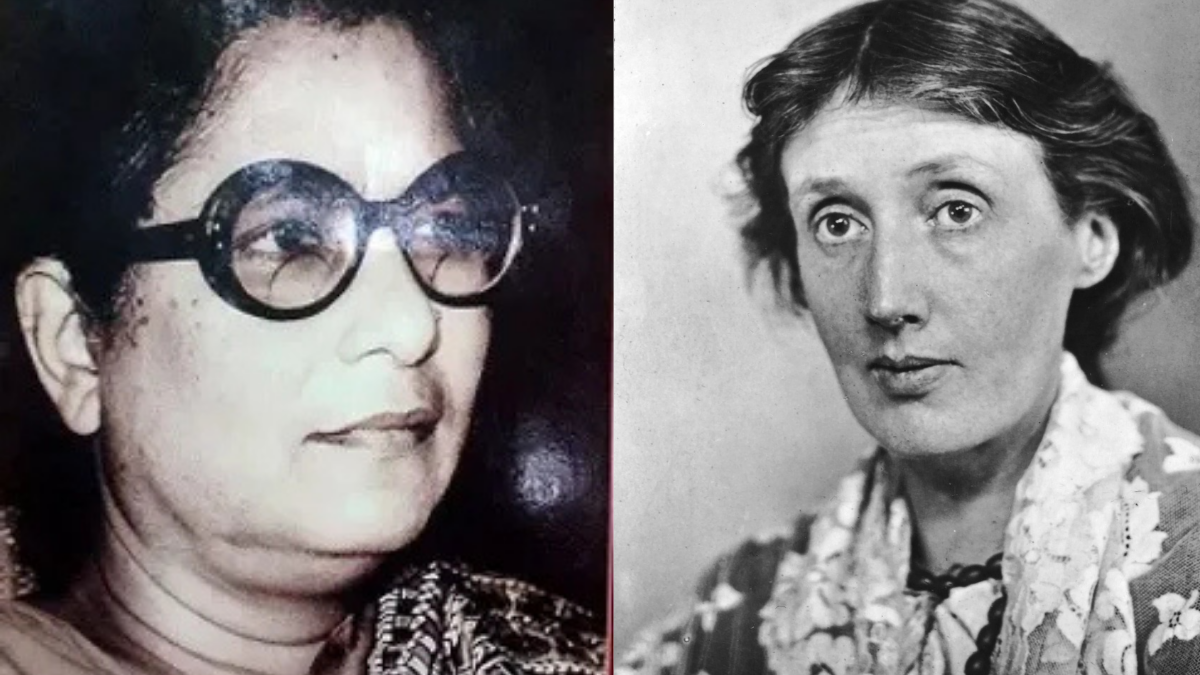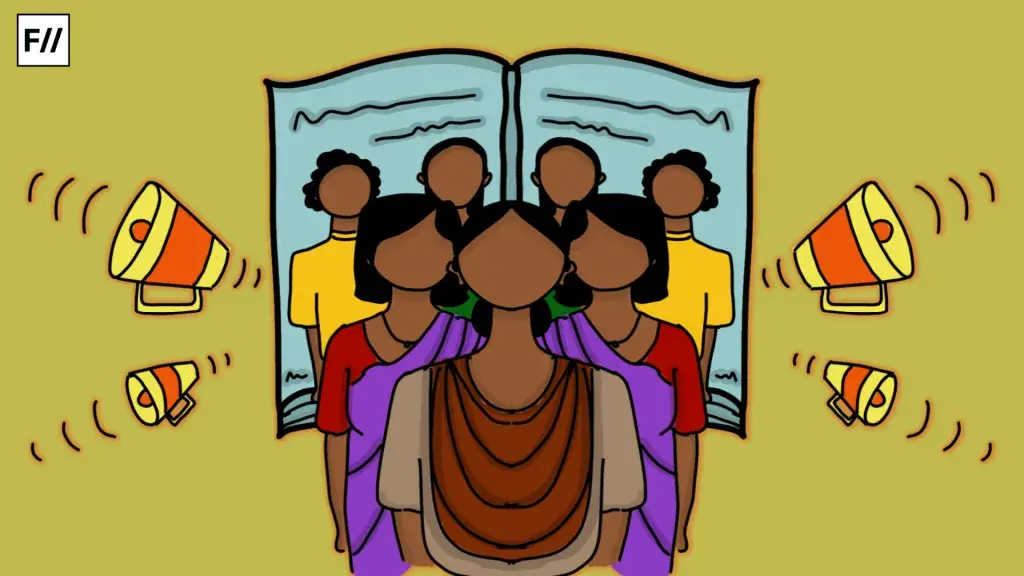Editor’s Note: FII’s #MoodOfTheMonth for March 2023 is Women’s History Month. We invite submissions on this theme throughout the month. If you would like to contribute, kindly refer to our submission guidelines and email your articles to shahinda@feminisminindia.com
Women’s voices have been historically marginalised and undervalued in many fields, including literature. Despite the fact that women have made significant contributions to the field of literature throughout history, their voices have often been overlooked, silenced, or marginalised. However, female writers around the world have continued to produce powerful and important works that challenge and expand our understanding of the world around us. One such writer is Temsula Ao, an Indian author, and poet who made significant contributions to literature and advocacy work in her home state of Nagaland.
Temsula Ao was born in 1945 in the village of Borduria in Nagaland, a state in northeastern India. She grew up in poverty and political instability but was determined to succeed. Aao received her education in Shillong, Meghalaya, and later earned a PhD in literature from North-Eastern Hill University. Her educational background gave her a deep understanding of literature and language that she used to great effect in her writing.
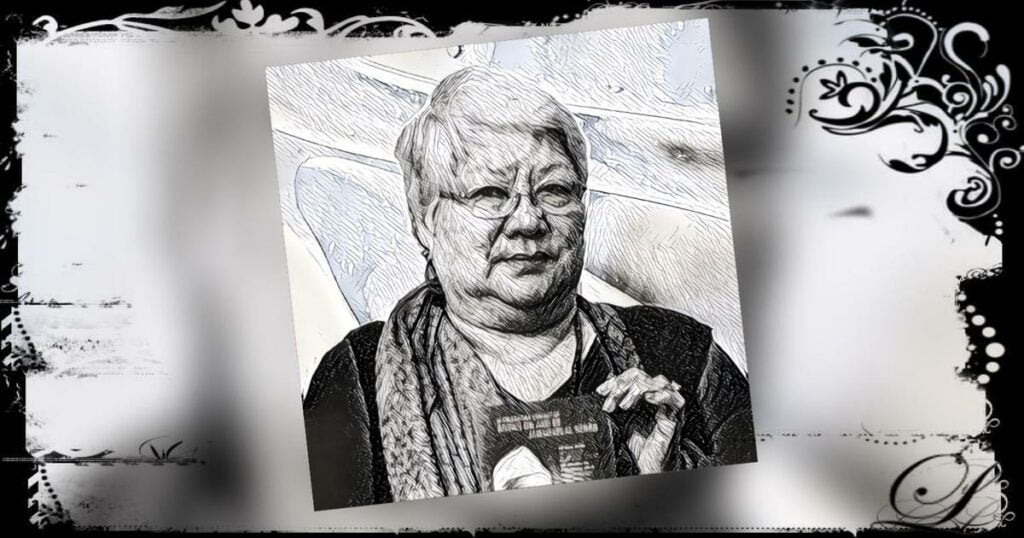
Ao’s literary career spanned several decades and encompassed a wide range of genres, including poetry, fiction, and essays. Her poetry is notable for its evocative imagery and its use of language to convey the beauty and richness of the natural world. Ao’s writing seeks to capture the rhythms and textures of everyday life in northeastern India and to celebrate the resilience and strength of the people who lived there. Her works are marked by a deep empathy for the struggles and joys of ordinary people, and by a commitment to social justice and equality.
In addition to her poetry, Ao wrote several works of fiction, including “These Hills Called Home” and “Laburnum for My Head.” Her writing dealt with themes of identity, displacement, and the struggle for human dignity. Through her poetry, fiction, and essays, Ao sought to give voice to those who had been marginalised or silenced.
Empowering women through advocacy
In addition to her literary work, Ao was a passionate advocate for education and the empowerment of women. She believed that education was the key to breaking the cycle of poverty and inequality, and she worked tirelessly to promote literacy and education in her home state of Nagaland. Aao was also a passionate advocate for the preservation of indigenous cultures and knowledge systems. She played a key role in developing the Ao Naga script, which helped to preserve and promote the Ao language.
Also Read: Lalithambika Antharjanam: The Writer Who Helped Shape Kerala’s Feminist Literature
Through her work with the Nagaland Women’s Welfare Society, Ao was able to help countless women gain access to education, healthcare, and other vital resources. Her advocacy work stands as a testament to the transformative power of education and the importance of preserving indigenous knowledge systems.
Legacy
Despite the significant progress made in recent years toward gender equality, women’s voices and contributions continue to be marginalized and undervalued in many spheres of society. However, the contributions of writers like Ao have helped to change this narrative and to create a space for women’s voices to be heard and valued.

Ao’s life and work offer a powerful example of the ways in which women’s voices can shape and enrich our understanding of the world around us. Her writing provides a window into the rich tapestry of northeastern Indian culture, and her advocacy work stands as a testament to the transformative power of education and the importance of preserving indigenous knowledge systems.
Also Read: Ismat Chughtai’s Feminine Perspective That Subverted Patriarchal Literature & Activism
Ao’s commitment to education and the empowerment of women was born out of her own experience of poverty and marginalisation. She believed that education was the key to breaking the cycle of poverty and inequality, and she worked tirelessly to promote literacy and education in her home state of Nagaland. Her work continues to inspire people around the world to this day. She received several awards for her contributions to literature and advocacy, including the Sahitya Academy Award in 2013, one of the highest literary honours in India. Aao was also a respected academic and served as a professor of English literature at North-Eastern Hill University.
Today, Ao’s legacy lives on through the countless people she inspired during her lifetime. Her writing and advocacy work continues to inspire young women and men to pursue their dreams and to work towards a more just and equitable society. Her contributions to literature and advocacy have helped to create a space for women’s voices to be heard and valued in the literary world and beyond.
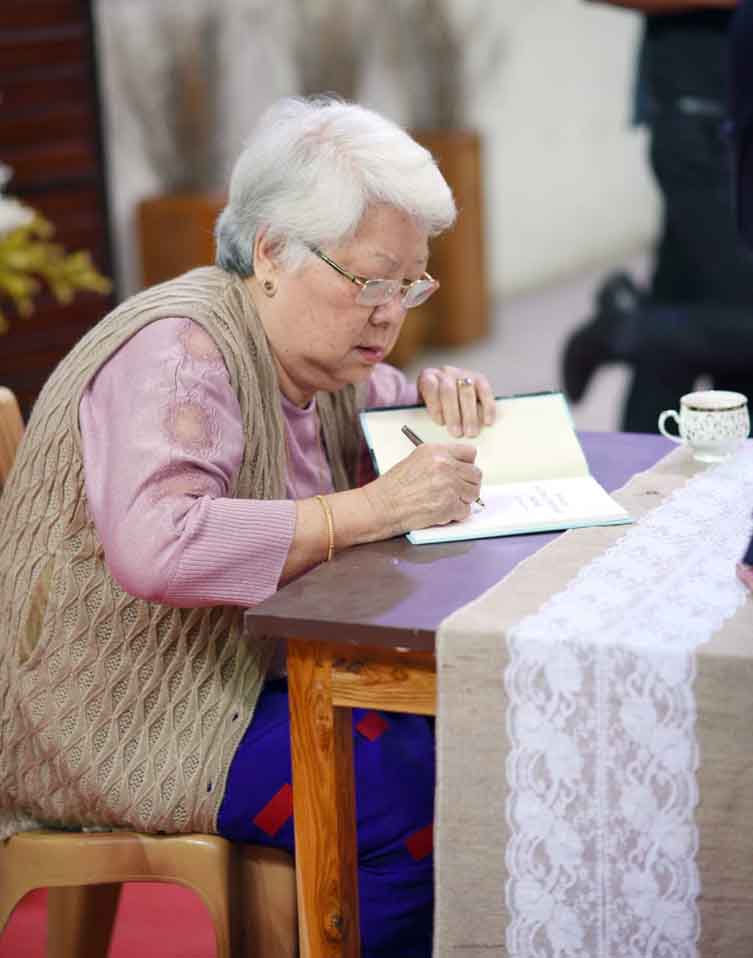
Temsula Ao was a remarkable woman whose contributions to literature and advocacy continue to inspire people around the world. Her work as a poet, fiction writer, and essayist captured the rhythms and textures of everyday life in northeastern India and celebrated the resilience and strength of the people who lived there. Her advocacy work on behalf of women and indigenous communities helped to promote education, healthcare, and other vital resources for those who had been marginalised or silenced.
Also Read: Watch: Northeastern Woman Brilliantly Tackles Racial Stereotypes Using Satire
Ao’s legacy stands as a testament to the transformative power of education and the importance of preserving indigenous knowledge systems. Her work continues to inspire the new generation of writers, activists, and scholars, and her voice remains a powerful reminder of the importance of women’s voices in understanding the world around us.
